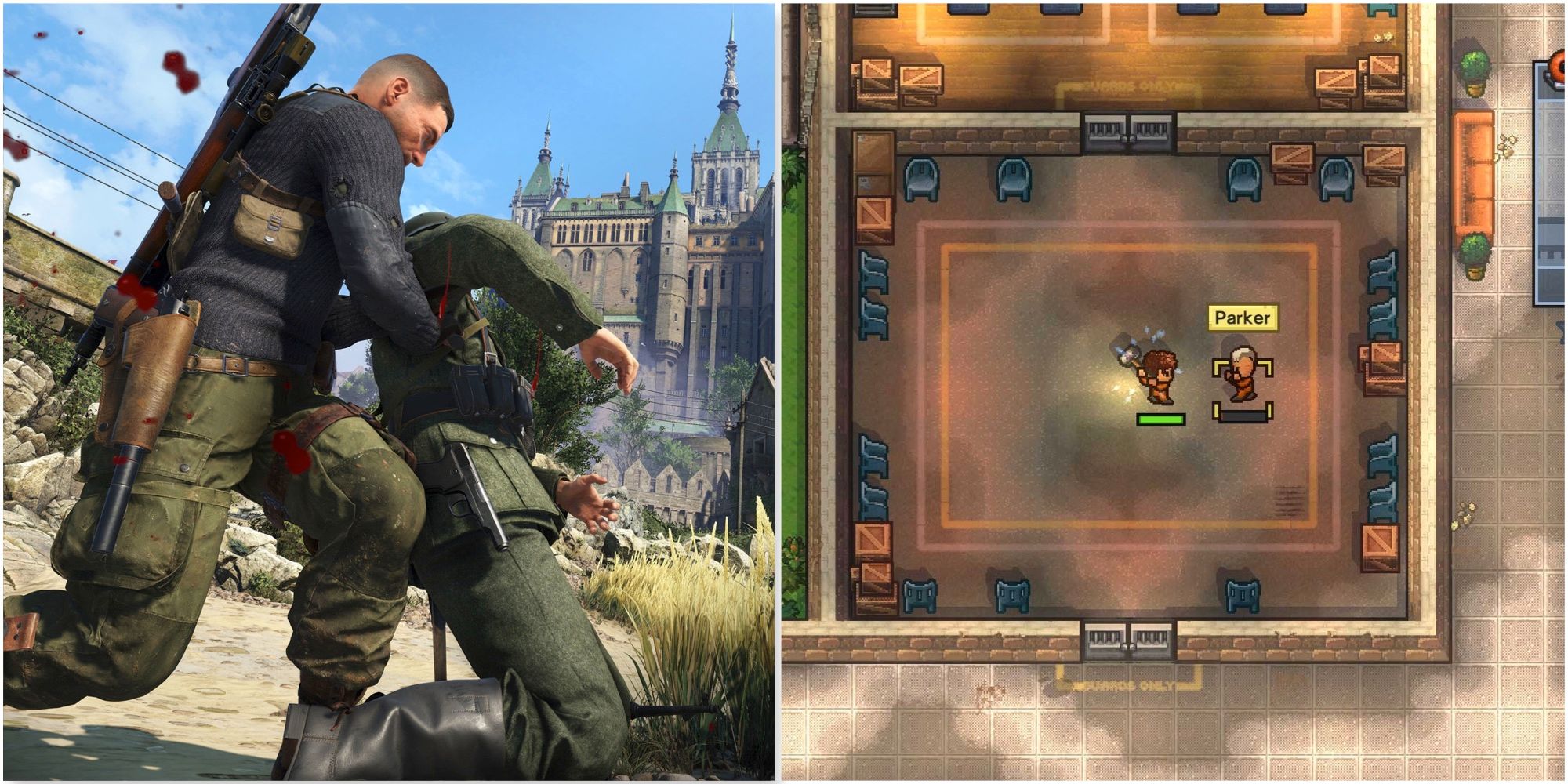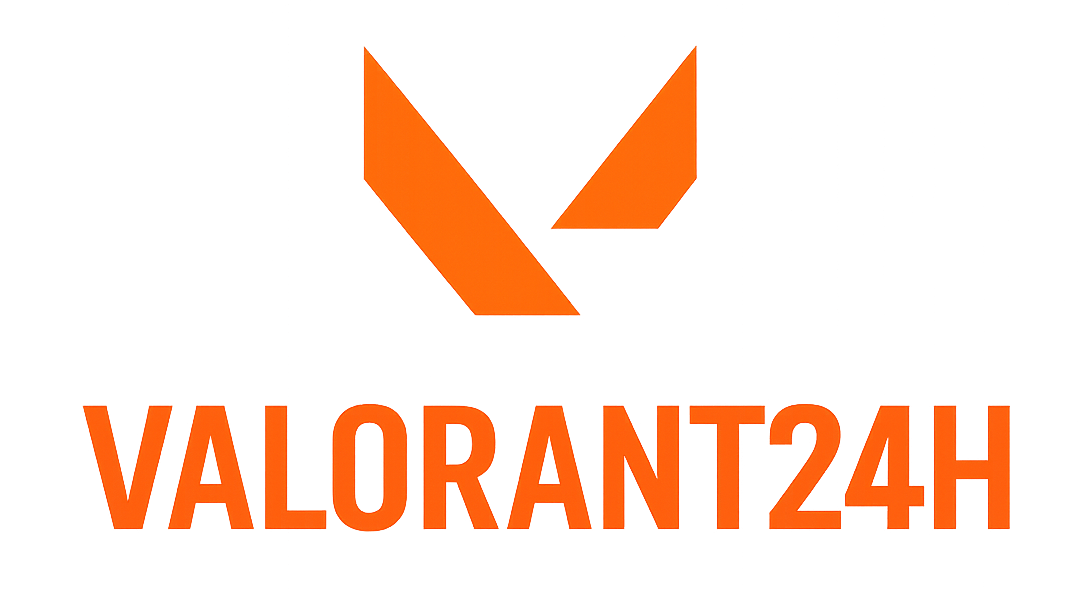
Team Up and Take Down: A Deep Dive into the Thrills of Co-op Action Games
Action games have always been a cornerstone of the gaming landscape, offering adrenaline-pumping experiences that test reflexes, strategy, and sheer determination. But what happens when you combine the frantic energy of an action game with the camaraderie and strategic depth of cooperative play? The answer is a genre-bending explosion of fun, challenge, and unforgettable moments: the co-op action game.
From blasting hordes of zombies to infiltrating enemy strongholds, co-op action games offer a unique and rewarding experience that solo play simply can’t replicate. The shared victories, the coordinated strategies, and the hilarious failures all contribute to a bond forged in the fires of virtual combat. This article will delve into the world of co-op action games, exploring their appeal, dissecting key subgenres, highlighting standout titles, and examining the future of this dynamic genre.
The Allure of Cooperative Mayhem
The core appeal of co-op action games lies in the shared experience. Instead of facing challenges alone, players team up with friends or strangers to overcome obstacles together. This shared burden fosters a sense of teamwork and accomplishment, making victories feel far more rewarding than individual triumphs.
Here’s a breakdown of the key elements that make co-op action games so captivating:
- Teamwork and Coordination: Co-op games demand communication and collaboration. Players need to coordinate their actions, strategize together, and rely on each other’s strengths to succeed. This often involves assigning roles, covering flanks, and reviving fallen teammates.
- Shared Responsibility: The burden of failure is no longer solely on one person’s shoulders. Knowing that you’re working towards a common goal with others can alleviate pressure and encourage experimentation. Mistakes become learning opportunities, and successes are celebrated collectively.
- Unique Skill Sets and Roles: Many co-op action games feature diverse characters with unique abilities and roles. This encourages players to specialize in specific areas, creating a balanced and effective team. One player might focus on healing, while another specializes in dealing damage, and a third provides support and crowd control.
- Increased Difficulty and Complexity: Co-op games often feature increased difficulty compared to their solo counterparts. Enemies are tougher, objectives are more complex, and the stakes are higher. This increased challenge pushes players to work together more effectively and rewards coordinated teamwork.
- Social Interaction and Bonding: Beyond the gameplay itself, co-op games offer a platform for social interaction and bonding. Whether you’re playing with friends, family, or online acquaintances, co-op games provide a shared activity that can strengthen relationships and create lasting memories.
A Spectrum of Subgenres: Exploring the Variety of Co-op Action
The co-op action genre is remarkably diverse, encompassing a wide range of subgenres, each offering a unique flavor of cooperative gameplay. Here are some of the most prominent:
- Looter Shooters: Games like Destiny 2, Borderlands 3, and Warframe combine intense first-person or third-person shooting with RPG elements and a focus on collecting loot. Players embark on quests, defeat enemies, and acquire increasingly powerful weapons and gear. The endless pursuit of better loot and the opportunity to customize characters with unique builds make looter shooters incredibly addictive.
- Zombie Shooters: From the classic Left 4 Dead 2 to the more recent World War Z, zombie shooters pit players against hordes of the undead in a desperate struggle for survival. Teamwork is essential for managing the relentless waves of zombies, scavenging for resources, and completing objectives. The sheer panic and chaos of a zombie horde descending upon your team creates unforgettable moments.
- Stealth Action: Games like Tom Clancy’s Splinter Cell: Blacklist (co-op campaign) and Payday 2 emphasize stealth and coordinated infiltration. Players must work together to bypass security systems, neutralize guards, and achieve their objectives without alerting the enemy. This requires careful planning, communication, and precise execution.
- Hack-and-Slash: Games like Diablo III and Path of Exile offer fast-paced, visceral combat against hordes of enemies. Players choose from a variety of classes, each with unique skills and abilities, and hack and slash their way through dungeons and landscapes. The satisfying feeling of mowing down enemies with powerful abilities and the thrill of finding rare loot make hack-and-slash games incredibly engaging.
- Fighting Games: While often considered competitive, fighting games like Tekken 7 and Street Fighter V can offer surprisingly fun co-op experiences in modes where two players team up against AI opponents or even other teams of players. Coordinating attacks and covering each other’s weaknesses adds a new layer of strategy to the traditional fighting game formula.
- Third-Person Cover Shooters: Games like Gears 5 and The Division 2 emphasize tactical cover-based shooting and strategic positioning. Players must work together to flank enemies, suppress fire, and coordinate attacks. The use of cover and the importance of teamwork make these games feel more strategic than traditional run-and-gun shooters.
- Roguelike Action: Games like Risk of Rain 2 and Dead Cells offer a unique blend of action and roguelike elements. Players must navigate procedurally generated levels, collect items, and defeat challenging bosses. Death is permanent, forcing players to learn from their mistakes and adapt to new situations. The unpredictable nature of roguelike games makes each playthrough feel fresh and exciting.
Highlighting Standout Titles: A Showcase of Co-op Excellence
The co-op action genre boasts a plethora of exceptional titles, each offering a unique and memorable experience. Here are a few standout examples:
- Left 4 Dead 2: A classic zombie shooter that set the standard for cooperative gameplay. The AI Director dynamically adjusts the difficulty and enemy placement based on player performance, ensuring that each playthrough is challenging and unpredictable. The frantic action, memorable characters, and iconic special infected make Left 4 Dead 2 a timeless masterpiece.
- Borderlands 3: A looter shooter with a distinct visual style, over-the-top humor, and a vast array of weapons and gear. The four Vault Hunters each possess unique abilities and playstyles, encouraging players to experiment and find the perfect combination. The endless loot grind and the hilarious dialogue make Borderlands 3 a highly addictive and entertaining co-op experience.
- Destiny 2: A sprawling looter shooter with a rich lore, stunning visuals, and a dedicated community. Players embark on epic quests, participate in challenging raids, and compete in intense PvP matches. The constant updates and expansions keep the game fresh and engaging, making Destiny 2 a long-term investment for co-op enthusiasts.
- Divinity: Original Sin 2: While primarily an RPG, Divinity: Original Sin 2 features a robust combat system that emphasizes tactical positioning and coordinated attacks. Players can control their characters independently, allowing for intricate strategies and emergent gameplay moments. The deep character customization and the branching narrative make Divinity: Original Sin 2 a truly unique and rewarding co-op experience.
- It Takes Two: A groundbreaking co-op platformer that tells a heartfelt story about a struggling couple who are magically transformed into dolls. Players must work together to solve puzzles, overcome obstacles, and rediscover their love for each other. The innovative gameplay mechanics and the emotional narrative make It Takes Two a truly unforgettable co-op experience.
The Future of Co-op Action: Innovation and Evolution
The co-op action genre is constantly evolving, with developers exploring new ways to innovate and enhance the cooperative experience. Here are some trends shaping the future of the genre:
- Increased Emphasis on Story and Narrative: Developers are increasingly focusing on crafting compelling narratives that explore the themes of teamwork, friendship, and sacrifice. This adds emotional depth to the gameplay and makes the cooperative experience more meaningful.
- Integration of Procedural Generation: Procedurally generated levels and encounters are becoming more common, creating dynamic and unpredictable gameplay experiences. This ensures that each playthrough feels fresh and exciting, even after multiple hours of play.
- Cross-Platform Play: The ability to play with friends regardless of their platform is becoming increasingly important. Cross-platform play allows players to connect with a wider audience and enjoy the game with their friends, regardless of their preferred gaming device.
- Emergent Gameplay and Player Agency: Developers are designing games that allow players to experiment with different strategies and approaches. This creates emergent gameplay moments and empowers players to shape their own cooperative experience.
- More Asymmetrical Gameplay: Games are starting to experiment with asymmetrical gameplay, where each player has unique roles, abilities, and objectives. This encourages players to communicate and coordinate more effectively and adds a new layer of strategic depth to the cooperative experience.
In conclusion, the co-op action genre offers a unique and rewarding experience that combines the adrenaline-pumping excitement of action games with the camaraderie and strategic depth of cooperative play. With a diverse range of subgenres, countless standout titles, and a constant stream of innovation, the future of co-op action games looks brighter than ever. So gather your friends, choose your roles, and prepare to embark on an unforgettable adventure together. The world needs saving, and you can’t do it alone.

